
OR
India turns to social-cultural ties as China steps up role in Nepal
Published On: November 26, 2017 05:30 AM NPT By: Kosh Raj Koirala | @KoshRKoirala
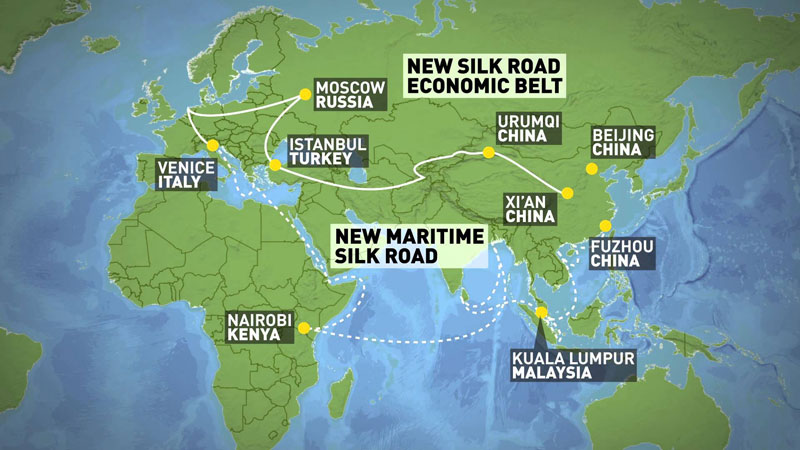
KATHMANDU, Nov 26: As China tries to deepen its influence in Nepal through the overarching framework of its One Belt One Road (OBOR) project, India is of late responding through a renewed focus on the socio-cultural aspects of its age-old relations with the new republic.
Along with the ongoing partnership that mainly includes construction of physical and social infrastructure such as airports, highways, hospitals and educational institutions, India has placed renewed focus on promoting people-to-people relations through cultural ties and improved connectivity between the two countries, especially since the Narendra Modi government came to power.
While work is underway to develop various cross-border railway links including Jayanagar-Bardibas and Jogbani-Biratnagar, India is also promoting a Ramayan Circuit that seeks to link Janakpur and Ayodhya and a Buddhist Circuit between Lumbini in Nepal and Bodhgaya in India. Only a few weeks ago, Indian ambassador to Nepal Manjeev Singh Puri reached Janakpur to attend a function promoting the Ramayan Circuit and Mithila-Awadh relations.
During the first visit to Nepal by Indian Prime Minister Modi, Nepal and India agreed to develop twin-city relations between Janakpur and Ayodhya, Kathmandu and Banaras and Lumbini and Bodhgaya. Although these initiatives could not make much headway after bilateral relations hit a new low following the promulgation of Nepal's new constitution and the subsequent Indian economic embargo in late 2015, government officials in Nepal said the two governments are currently working to develop joint tourism packages and promote the idea of tourist circuits that connect important religious sites.
Even as the going has not been as smooth as expected, Modi during his visit here jointly inaugurated with then prime minister Sushil Koirala a passenger bus services connecting Kathmandu and New Delhi . The Modi government later also included Nepal under its Leave Travel Concession arrangement, which provides nearly five million Indian central government employees leave and ticket reimbursement if they chose to travel to Nepal.
Along with efforts to promote religious tourism between the two countries, renewed priority is being given in India's bilateral relations with Nepal in recent years to the organizing of cultural festivals, construction of library buildings, renovation and restoration of cultural and historical sites and strengthening cross-border connectivity to facilitate the movement of people.
India has also placed priority on developing three more cross-border railway links with Nepal, in addition to the Jayanagar-Janakpur-Bardibas and Jogbani-Biratnagar links.
Foreign affairs experts in Kathmandu agree that New Delhi has lately given importance to the socio-cultural aspects of bilateral relations and to strengthening people-to-people ties -- something India took for granted for many years. “A majority of the people in both India and Nepal being of the Hindu faith, there is bound to be religious and cultural affiliations.
Priority has been given to this by the Modi government ever since it came to power,” said Nishchal Nath Pandey, director of the Center for South Asian Studies.
India's focus on strengthening the socio-cultural aspect of bilateral relations with Nepal comes amid a section of individuals within the ruling Bharatiya Janata Party (BJP) demanding that Modi respond to China's OBOR with a One Culture, One Region (OCUR) plan. They argue that India should launch the OCOR for Eurasian countries as cultural and religious bonds serve as soft power for thwarting what they describe as Chinese ambitions to dominate India.
Experts argue that India's perceived change of focus towards the socio-cultural is also closely related to the rise of Yogi Adityanath as chief minister of the bordering Indian state of Uttar Pradesh. “We must also not forget that the current chief minister of Uttar Pradesh has old ties with Nepal,” Pandey said, adding that Nepal should benefit from historical and cultural relations.
Tourism entrepreneurs say there is a prospect of drawing millions of Indian tourists to Nepal if the Ramayan and Buddhist circuits materialize.
Indian ambassador Puri said the focus of India in Nepal in recent years has been on hydropower and improvement of connectivity through integrated check posts, railways links, terai roads, an optical fibre network, transmission lines and a petroleum pipeline. “The links between our two peoples at the societal, religious and cultural levels embody our unique relations,” he said.
You May Like This
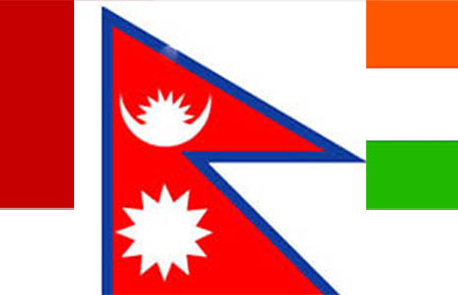
China for friendly ties between Nepal and India
KATHMANDU, March 30: Brushing asides speculations that China wants Nepal to be fully tilted toward it, China has said that it... Read More...
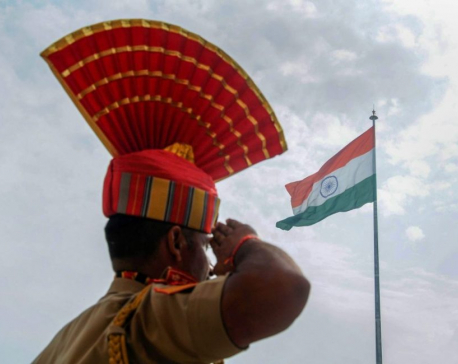
The fault lines of Indian regionalism
Although India is competing with China by investing in connectivity in the region, it has not fully embraced economic openness.... Read More...

China says Dalai Lama border visit would damage India ties
BEIJING, March 4: China is warning of "severe damage" to relations with India and increased regional instability if exiled Tibetan leader... Read More...
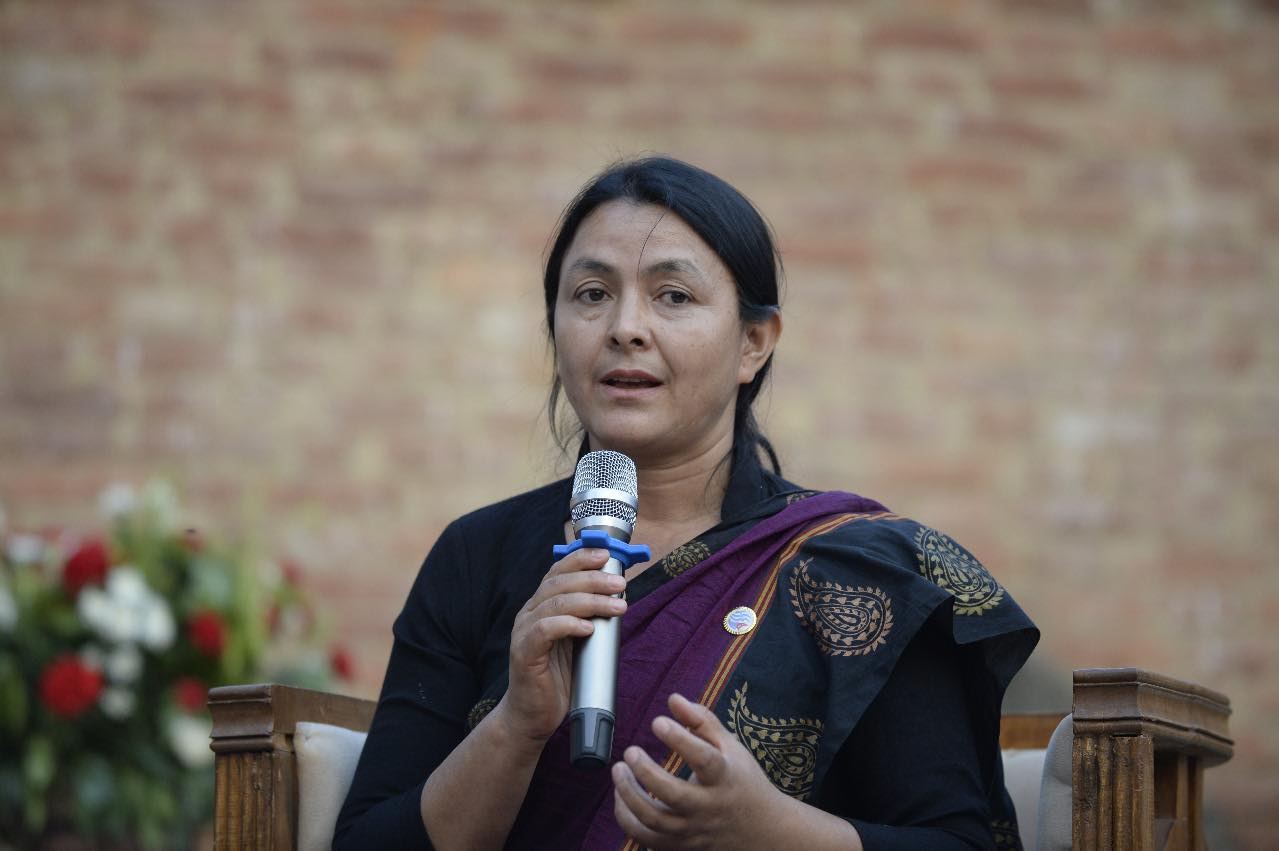
_20240423174443.jpg)
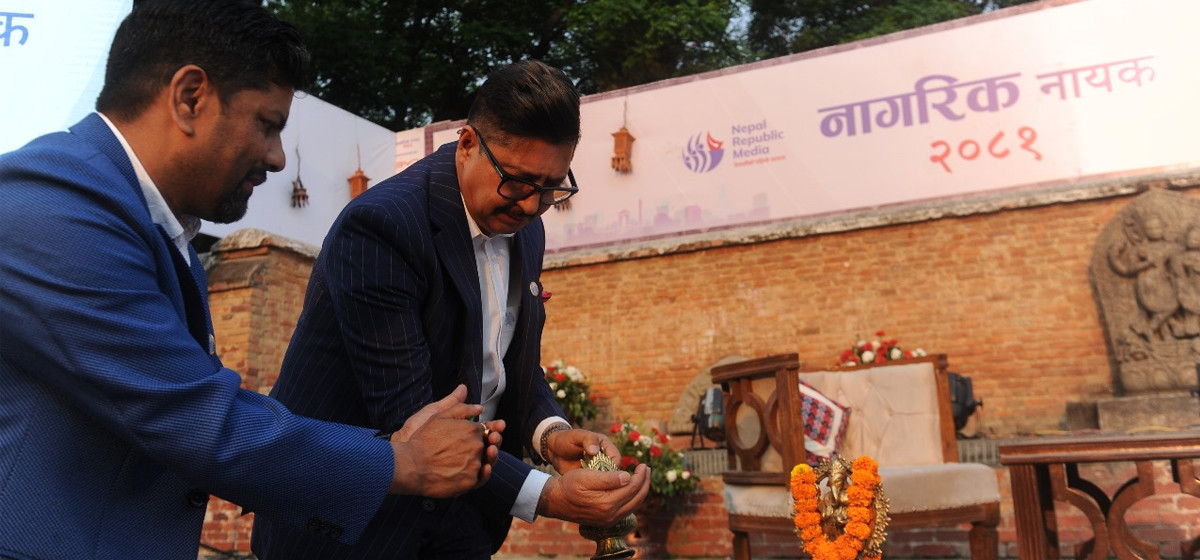
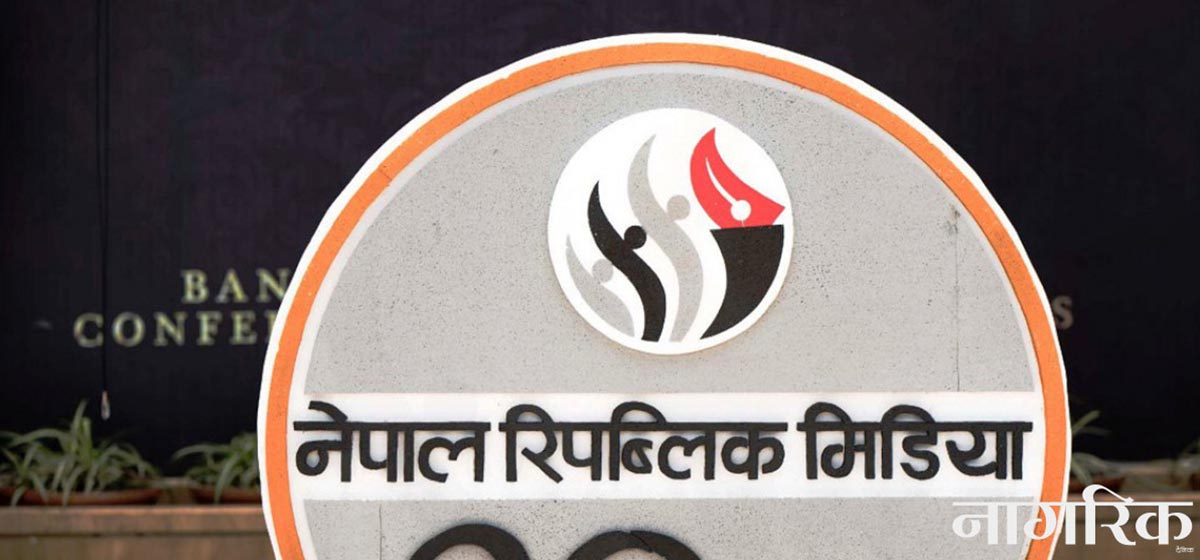
Just In
- Devi Khadka: The champion of sexual violence victims
- Nagarik Nayak (Live)
- Qatar Emir in Kathmandu, President and Prime Minister welcome Emir at TIA (In Photos)
- NRM Director Gyawali inaugurates Nagarik Nayak 2081
- Govt amends nine laws through ordinance to attract investors
- NRM to announce two citizen heroes today
- Federal capital Kathmandu adorned before Qatar Emir's State visit to Nepal
- Public transport to operate during Qatari king’s arrival, TIA to be closed for about half an hour







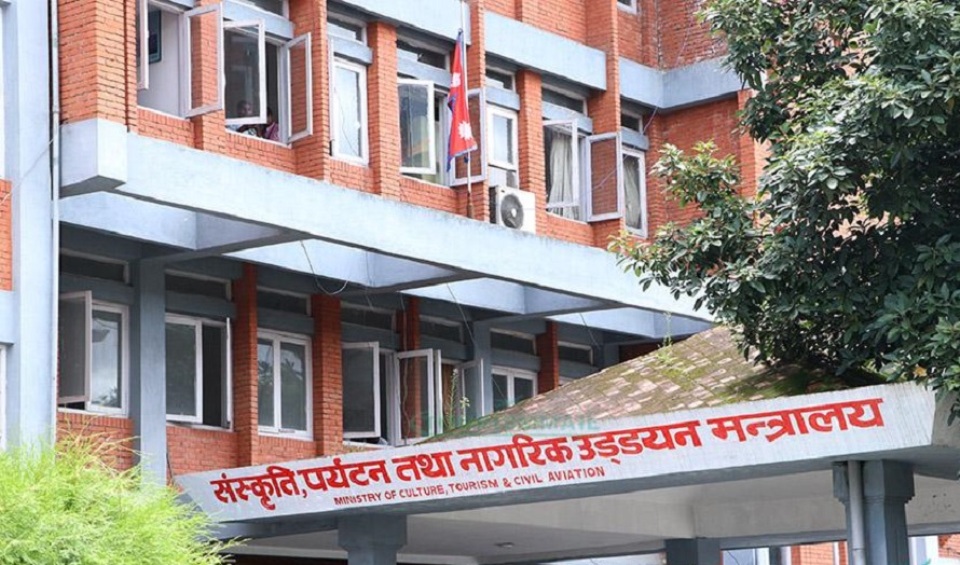



Leave A Comment